India has made noodles out of Modi’s message
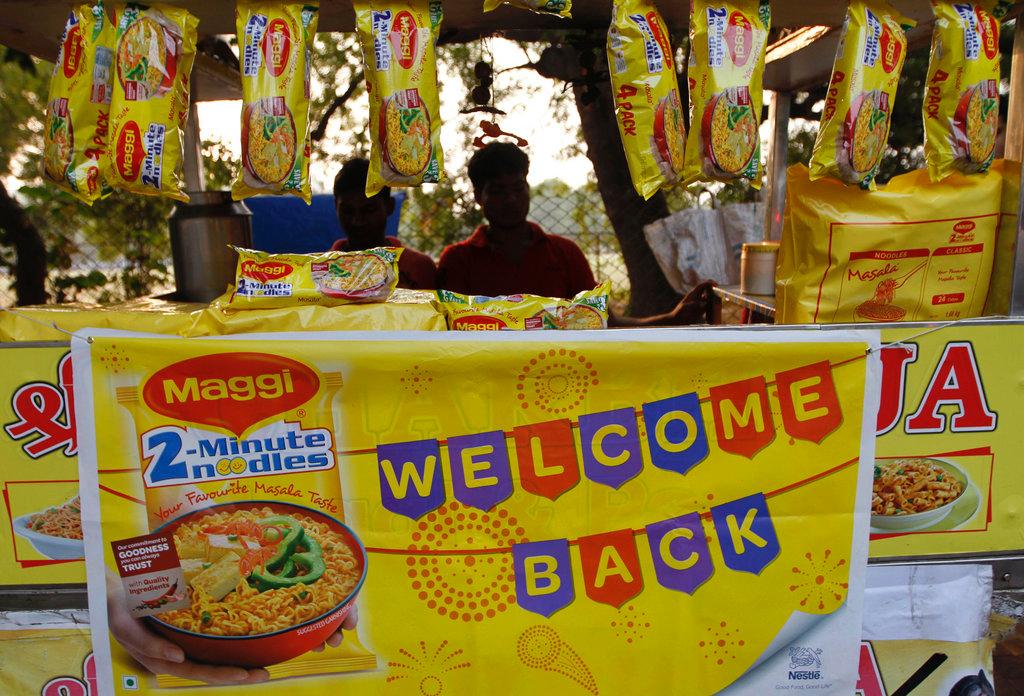
When Nestlé’s Maggi noodles were declared one of India’s most trusted consumer brands last year, alongside Colgate, Dettol and Nokia, a Bangalore commenter on the Economic Times of India’s website retorted: “It is time that India and Indians wipe out all foreign brands from this list. It needs to make its mark in the world.”
By coincidence, what one minister dubbed the country’s “Inspector Raj” was about to take action. A food inspector plucked a Maggi packet from a shop in Uttar Pradesh in January, starting a farcical sequence of events that culminated in Nestlé incinerating 400m packets of innocent noodles. Only this week, after global sales were dented, has the brand returned to the shelves.
Narendra Modi, India’s reform-minded prime minister, is visiting the UK and Turkey this week, bearing his “Make in India” appeal to multinationals, backed by the easing of barriers to foreign direct investment. But the Maggi noodles case shows that national leaders may talk but tax authorities, food inspectors and local bureaucrats often do not listen.
In claiming – on the basis of disputed evidence – that Nestlé’s noodles contained too much lead, India’s main food inspection body blithely undermined Mr. Modi’s welcome. It added to a growing realisation among multinationals that emerging markets are not the one way bet, full of eager customers, they once hoped. These are tricky territories in which it is easy to get entangled.
In a sense, they always knew it. Only the truly naive thought it would be as easy to move into China as into Cincinnati. But the risks appeared to be containable, especially when they were being lured by smiling politicians, and the rewards for leaping into the unknown great. In practice, there have been more pitfalls than some realised and lesser rewards.

More
Financial Times
External linkThe economic climate does not help. China’s rate of growth has dropped and Brazil and Russia are expected to contract this year. Goldman Sachs has closed its Brics fund, dedicated to profiting from the potential of Brazil, Russia, India and China, due to underperformance. Foreign investors can no longer surf a wave of rapid growth.
Meanwhile, the regulatory setbacks multiply. Nestlé’s noodles imbroglio follows others for foreign multinationals in India, notably over tax. Vodafone won a victory in the Mumbai High Court last month over an effort by India’s tax authorities to raise its liabilities by hundreds of millions of dollars. The same court ruled last year in favour of Shell over a similar claim.
Foreign multinationals can at least rely on the Mumbai court to be dispassionate. Its judges gave short shrift to the Food Safety and Standards Authority of India (FSSAI) in August, describing its decision to ban nine varieties of Maggi noodles on the basis of flawed tests as in breach of natural justice.
Other countries are equally testing. GlaxoSmithKline was fined £300 million (CHF457 million) by a court in China last year after becoming a public example in its crackdown on bribery. Sifiso Dabengwa, chief executive of the South African mobile company MTN, which sells services across Africa and the Middle East, resigned on Monday after regulators in Nigeria fined the group $5.2 billion (CHF5.22 billion).
Foreign multinationals are not the sole targets of officious supervisors. Nor are they solely at risk in emerging economies, as European banks have found in the US. Several large Chinese state-owned enterprises and their senior executives have suffered badly from the country’s anti-corruption campaign. But foreigners present obvious targets when times are tough.
That puts a premium on fitting in, not merely by adapting the Big Mac to local culture and selling Chicken Maharaja Macs instead, but becoming part of the fabric of the economy. “You cannot afford to be regarded as the imperialist. You must show how you benefit the country,” says Peter Williamson, a professor of international management at Cambridge university.
But Nestlé did not do very much wrong, and certainly not enough to deserve a 20 per cent fall in its sales in India. Its mistake came after the fact rather than before, in failing to respond quickly and assertively enough to the accusations. By the time it hit back, the claim that its noodles were poisonous was all over social media.
Nestlé was no arriviste trying to cram a global product down local throats. It has operated in India for 103 years and started manufacturing there in 1961. Maggi has been a popular brand since its launch in 1983 – noodles that could be cooked in a few minutes, were cheap enough for most people and fitted with their busier lives.
Nestlé India has been quoted on the Mumbai exchange since 1968; it employs 7,000 people directly and another half a million indirectly; it takes milk and dairy supplies from 100,000 farmers in Punjab, Haryana and Rajasthan; it runs global research and development for noodles in India; and it has nine health laboratories. It is not, in other words, a stranger.
It is customary in such cases to ask what the big corporation should have done better and Nestlé will learn lessons, especially in how it communicates. But it was India’s fault rather than Nestle’s and the moral for growth economies is this: if the rewards for coming to your country have fallen, you must reduce the risks too.
Copyright The Financial Times Limited 2015

In compliance with the JTI standards
More: SWI swissinfo.ch certified by the Journalism Trust Initiative
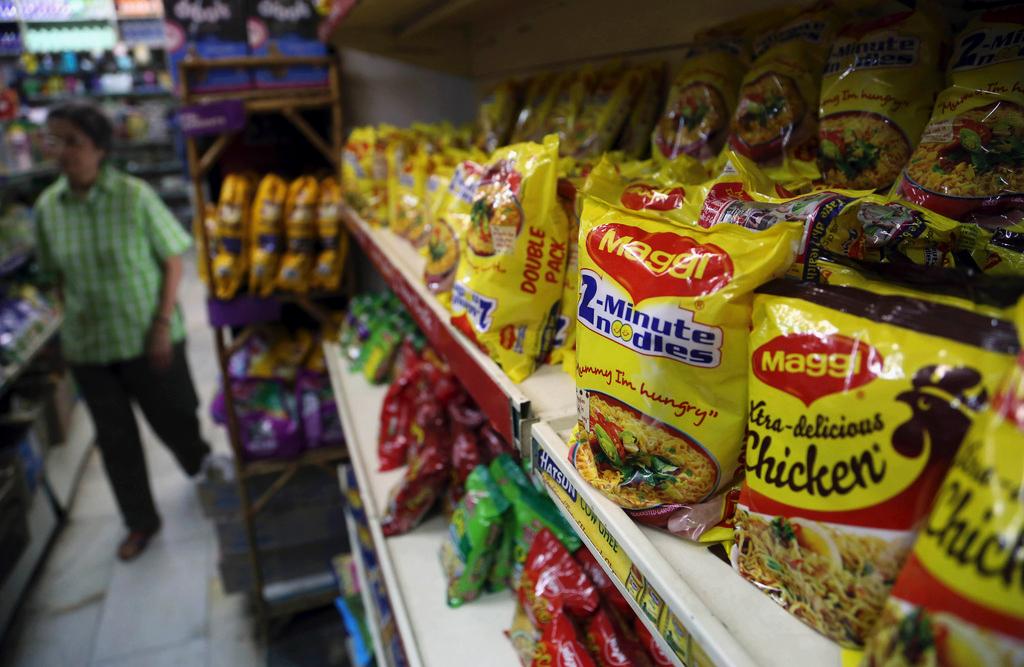
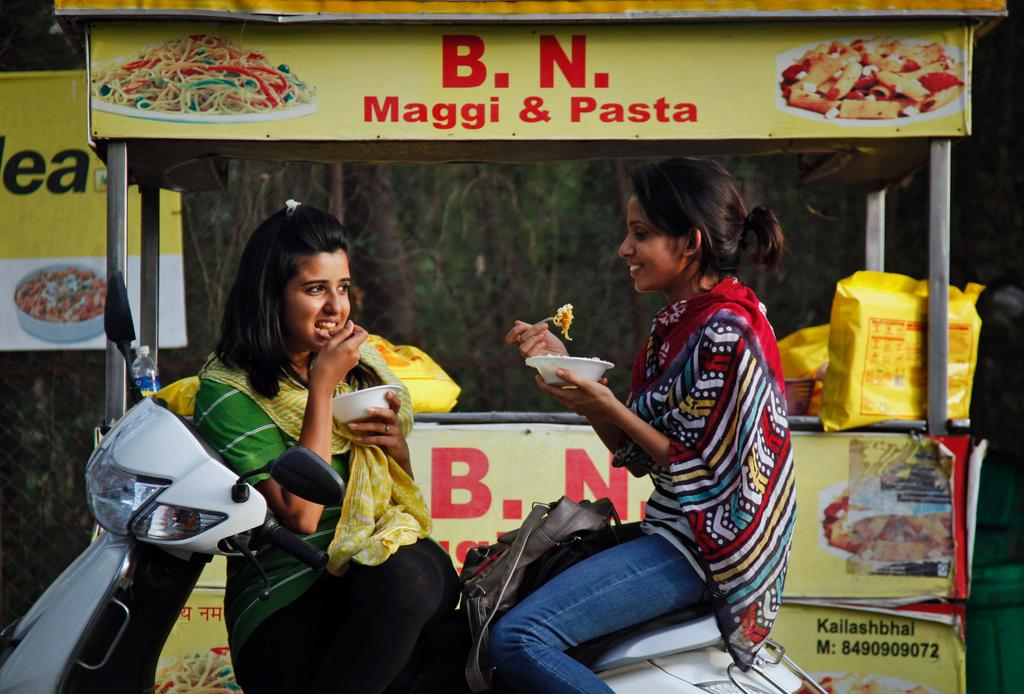
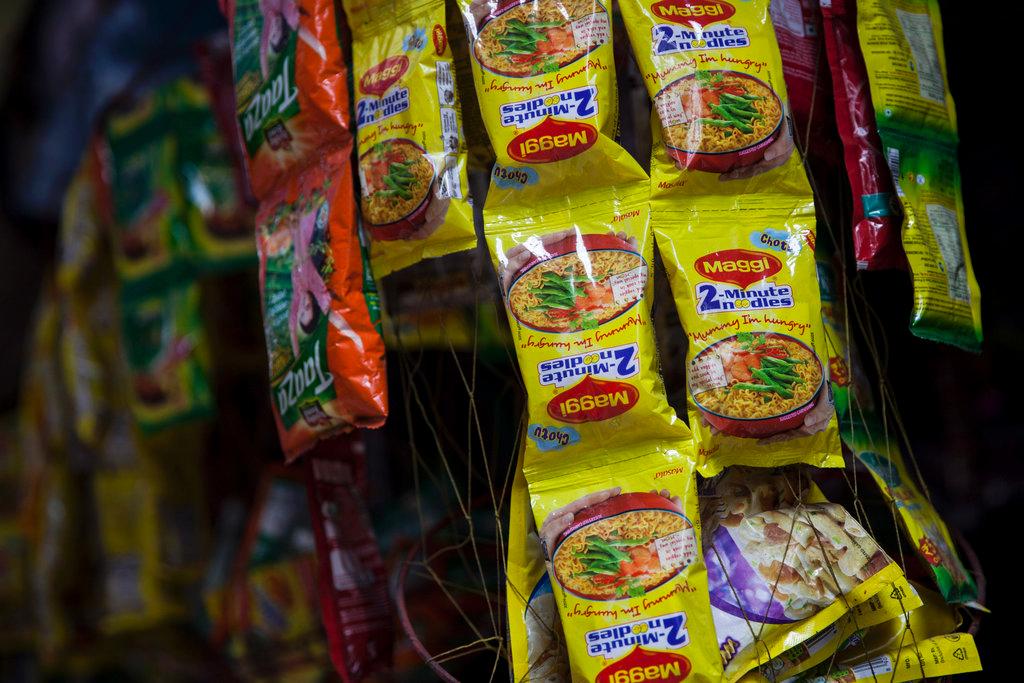
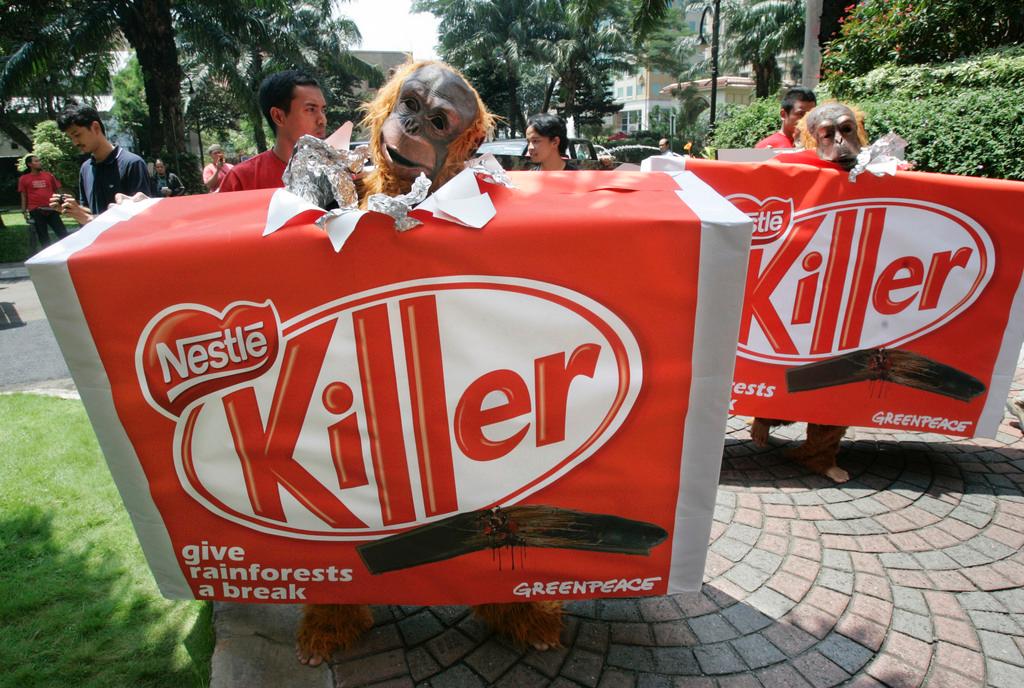
You can find an overview of ongoing debates with our journalists here. Please join us!
If you want to start a conversation about a topic raised in this article or want to report factual errors, email us at english@swissinfo.ch.